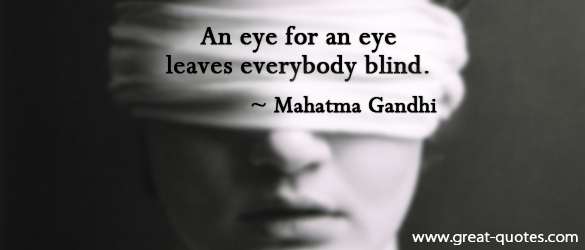Building New Brands to Fight Racism and Violence
The ongoing race issues in the US surrounding the recent shootings by US police officers of African-American individuals have dominated the news over the past week, and resulted in protests, arrests, and even a few attacks on police by misguided citizens. Innocent people have been killed on both sides, and a schism that has existed for centuries and that has been exacerbated over the past year as a series of police shootings have brought racial tensions back to the public eye now seems to be deepening even further. While millions of Americans, both White and Black, are banding together in peaceful protests, calling for policy reform and more transparency in police interactions with the public, the reality is that there are certain prejudices and reputations that are directly contributing to these situations.
Part of the racism against Blacks in the US is one of an underlying fear and mistrust on the part of the Caucasian population. Thus, when police pull over African-Americans, they are inherently more on edge, owing to racial prejudices that cause them to fear these people based on their skin color. People who are more on edge are more likely to react inappropriately and with haste, and so we find ourselves in a society where innocent Black men like Philando Castille who pose no threat to officers are being shot to death in front of their girlfriends and young daughters.
As this continues to happen, a general mistrust of the police force is developing. Sadly, people who are backing the Black Lives Matter movement—which in actuality should be backed by everyone—are immediately thought to be anti-police. And indeed, many of them do harbor mistrust of and anger toward the police force. But simply believing that Black Lives Matter does not mean that one has to hate all police, just as being a policeman should not preclude a person from treating an African-American individual with equality and justice. Yes, a few Black men have committed violent crimes—but that does not mean that all Black men are violent criminals. To the contrary, most are peaceful, law-abiding citizens. And yes, a few police officers have unjustly killed African-Americans in the line of duty—but that does not mean that all policemen are racist killers. In fact, most are good people who simply want to serve their community.
Obviously, people need to take responsibility for their actions. We as individuals need to make sure that our behavior and actions communicate peace, and demonstrate that we are non-violent, law abiding citizens. And obviously, when a person is unjustly killed by an officer, the police force needs to act with transparency and make sure that justice is served. And this is especially important in inter-racial situations that are likely to incite sentiments of anger and desperation. But I believe that it is important to look at the deeper issue here, which I believe can be boiled down to bad branding. The African-American population has a reputation—a brand, if you will—that is associated with violence and crime. Whether this reputation is unfair and incorrect is not the issue—the issue is that it exists, and that it colors police behavior when interacting with Black citizens. Meanwhile, the police force is developing a reputation—again, a brand—of being bloodthirsty racist killers. Whether or not this is true doesn’t matter—what matters is what the general population thinks.
While the US has a lot of work to do when it comes to healing the rift between the races, and between the police and citizenry, I believe that an equally important bit of work is to start managing these negative reputations, and to rebrand both the African-American population and the police force. When things like peace, legal behavior, brotherhood, equality, and justice are the defining elements associated with the African-American community and the police force, terrible incidences such as the killing of Philando Castille or the shooting of police officers in Dallas will no longer be an issue.

